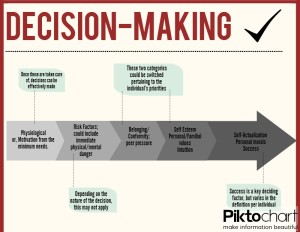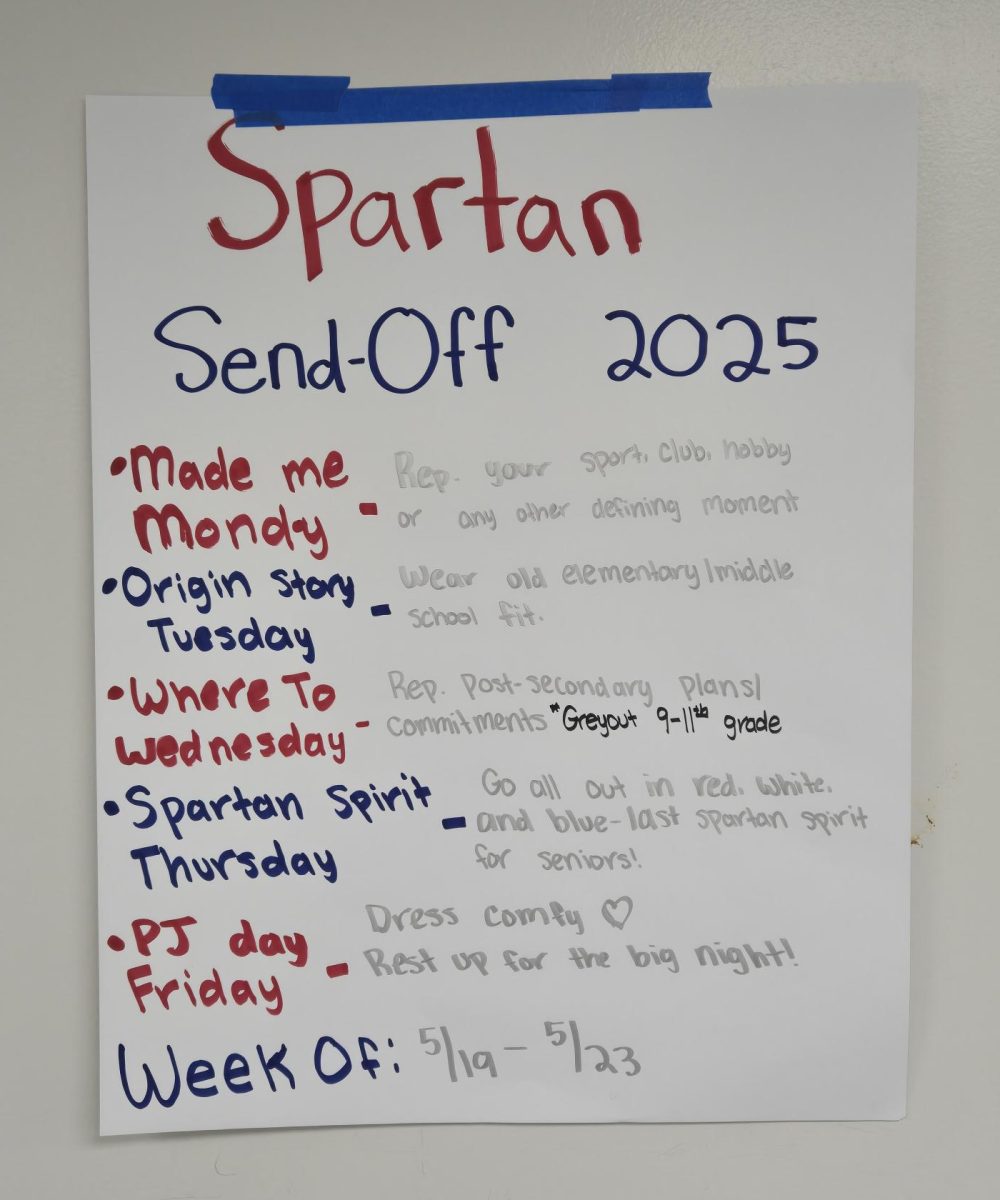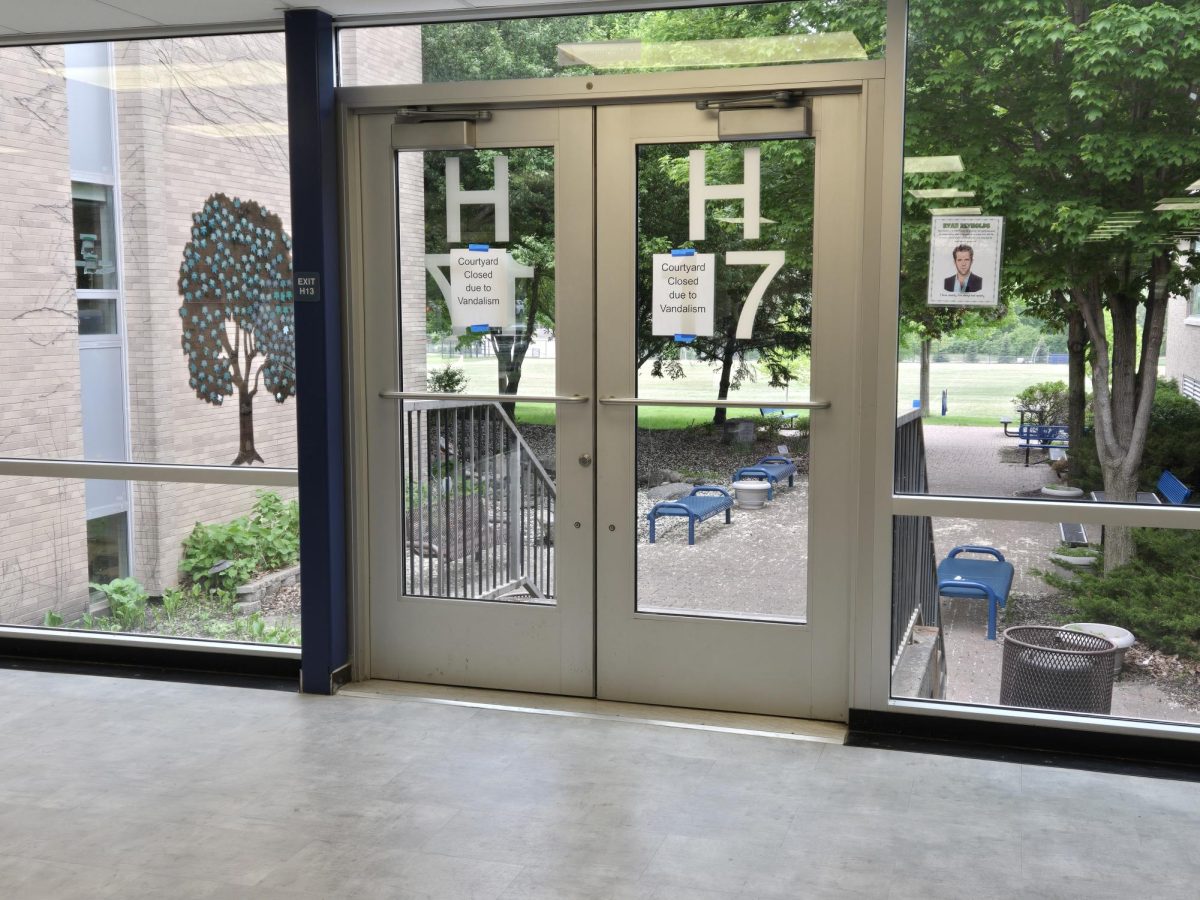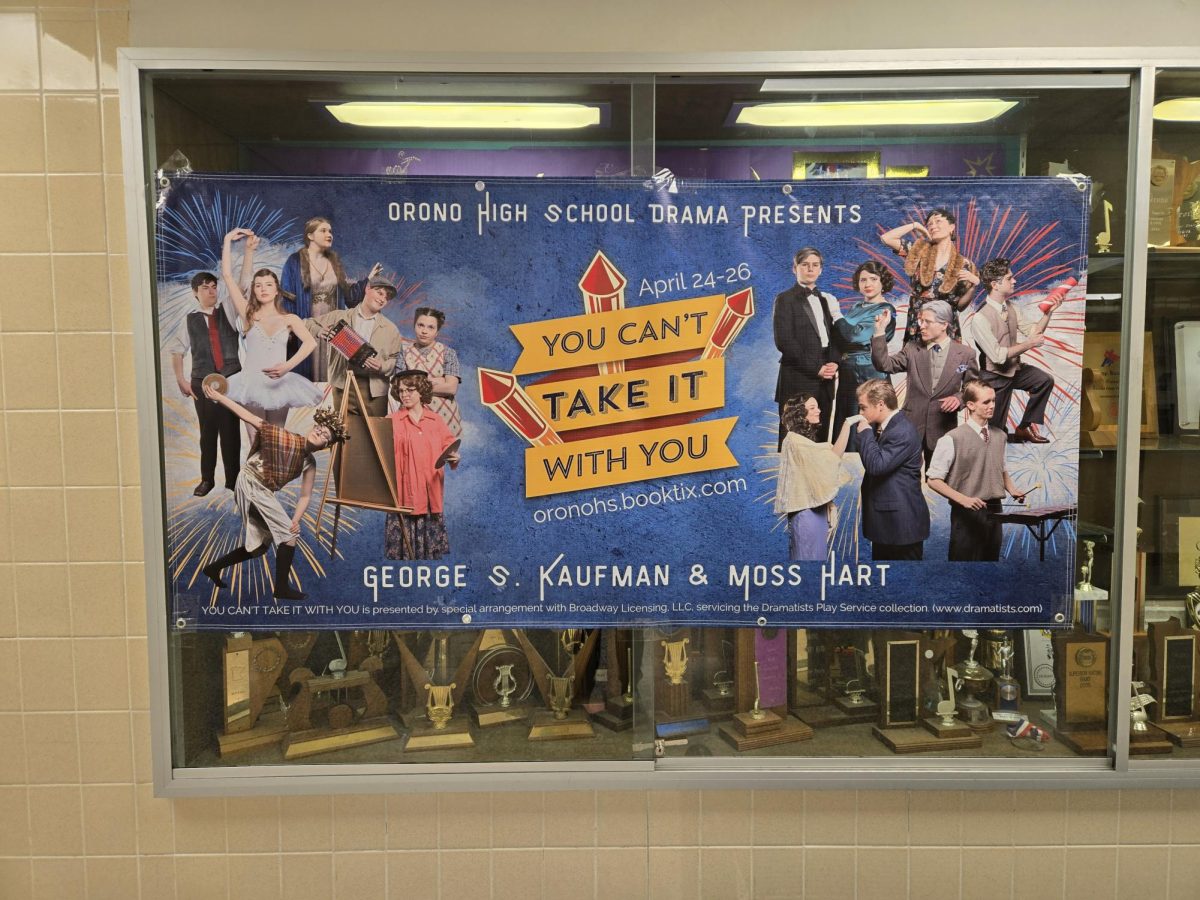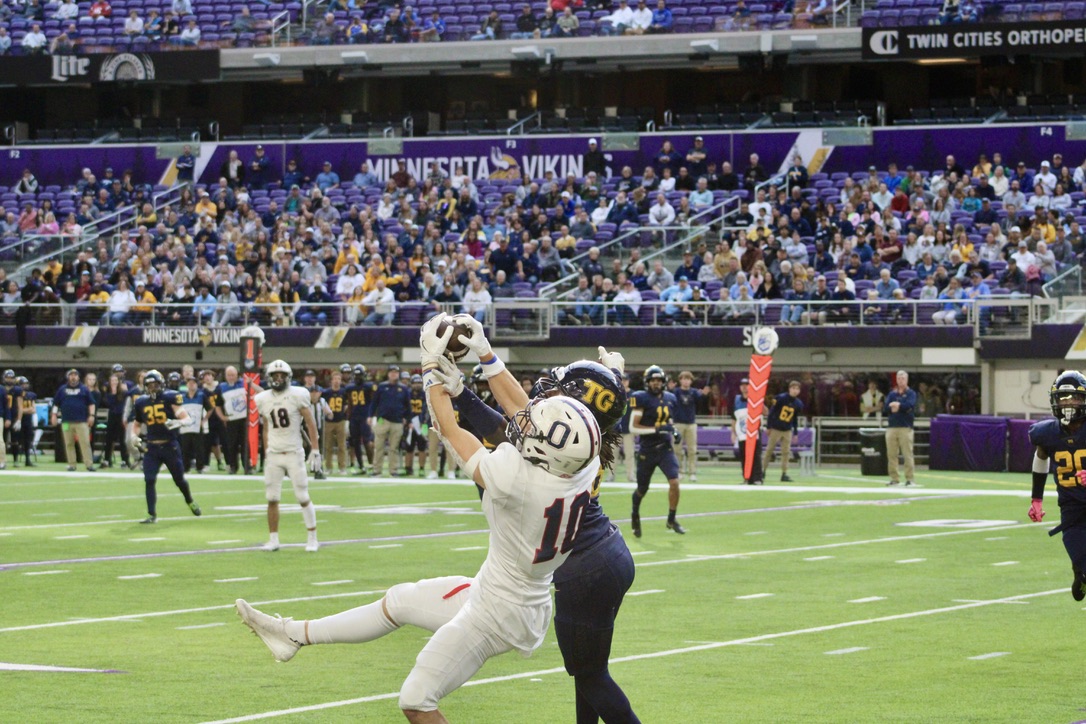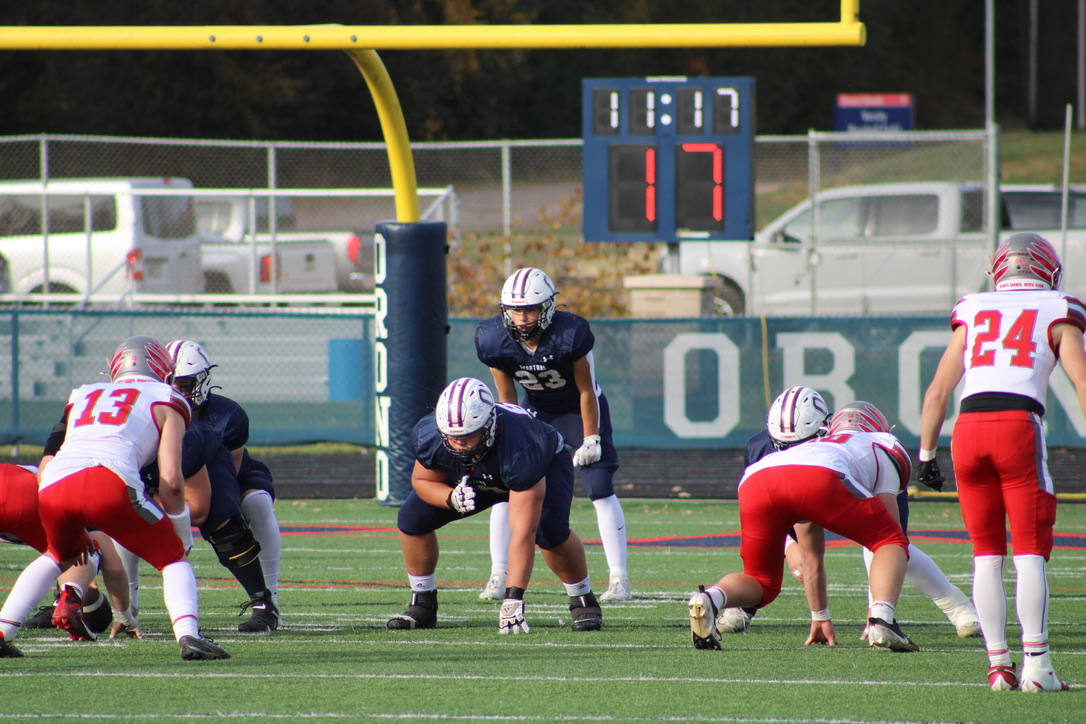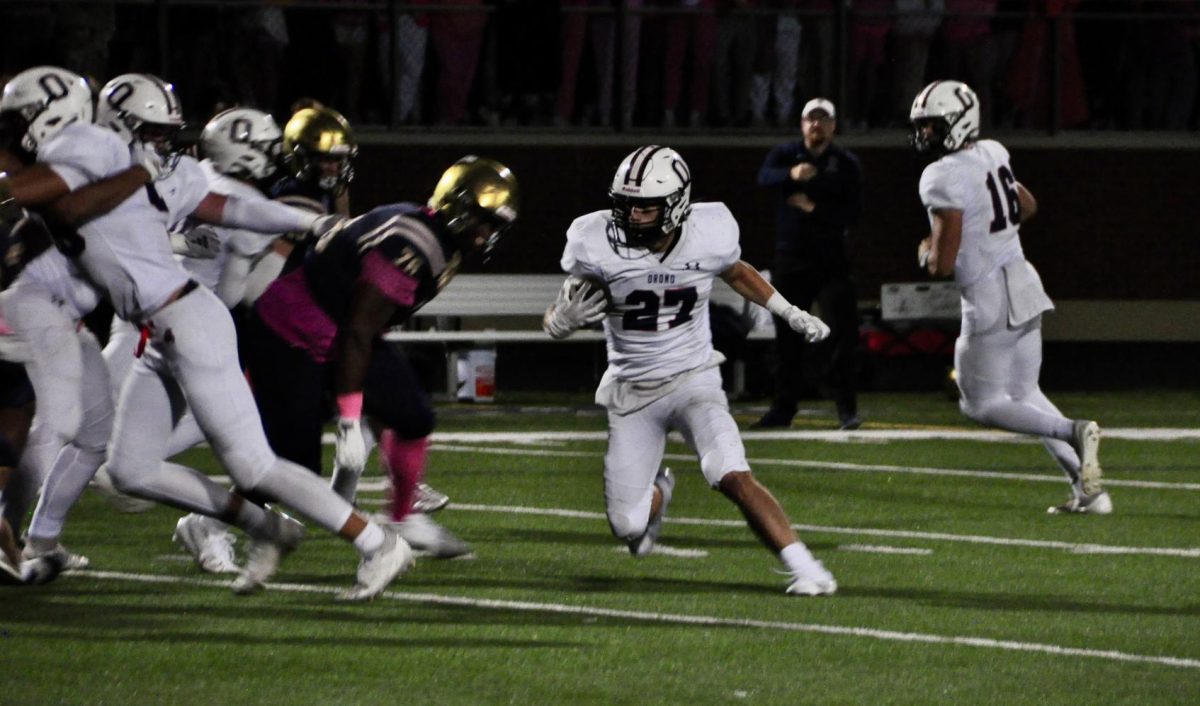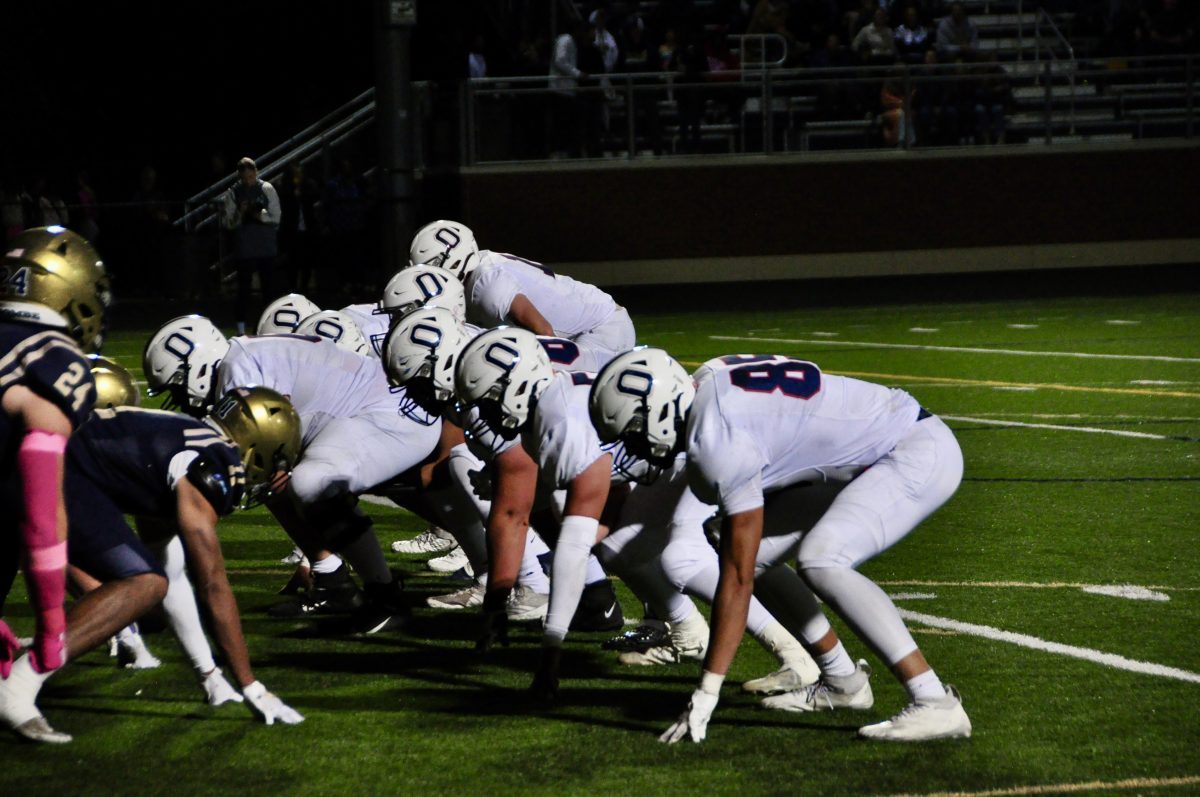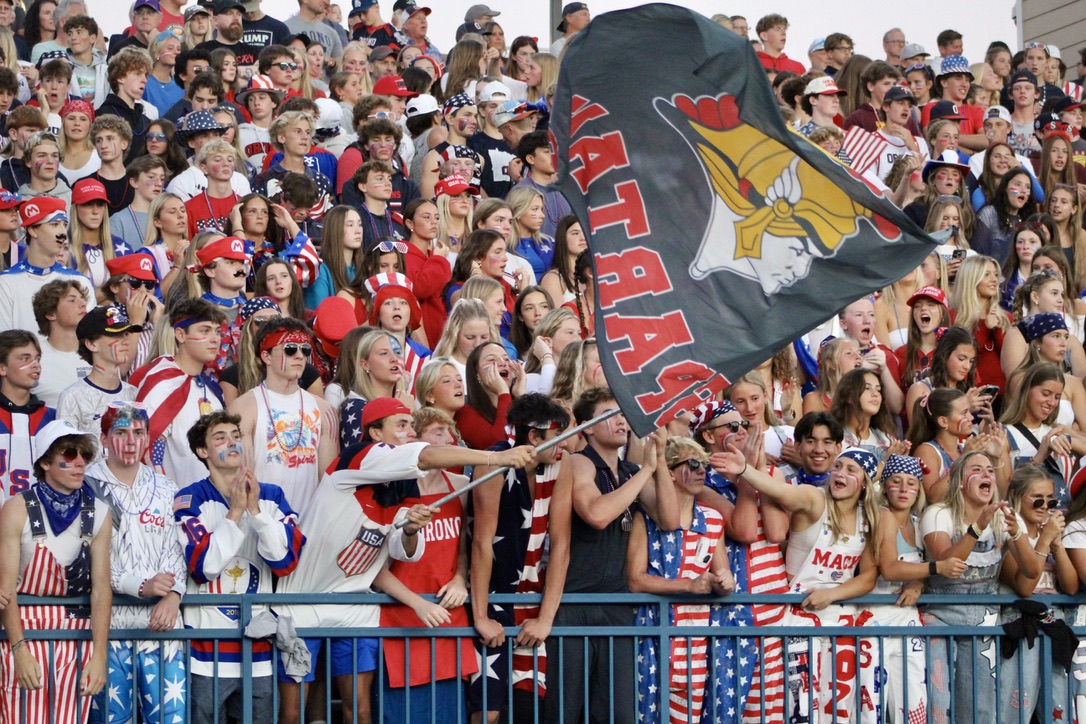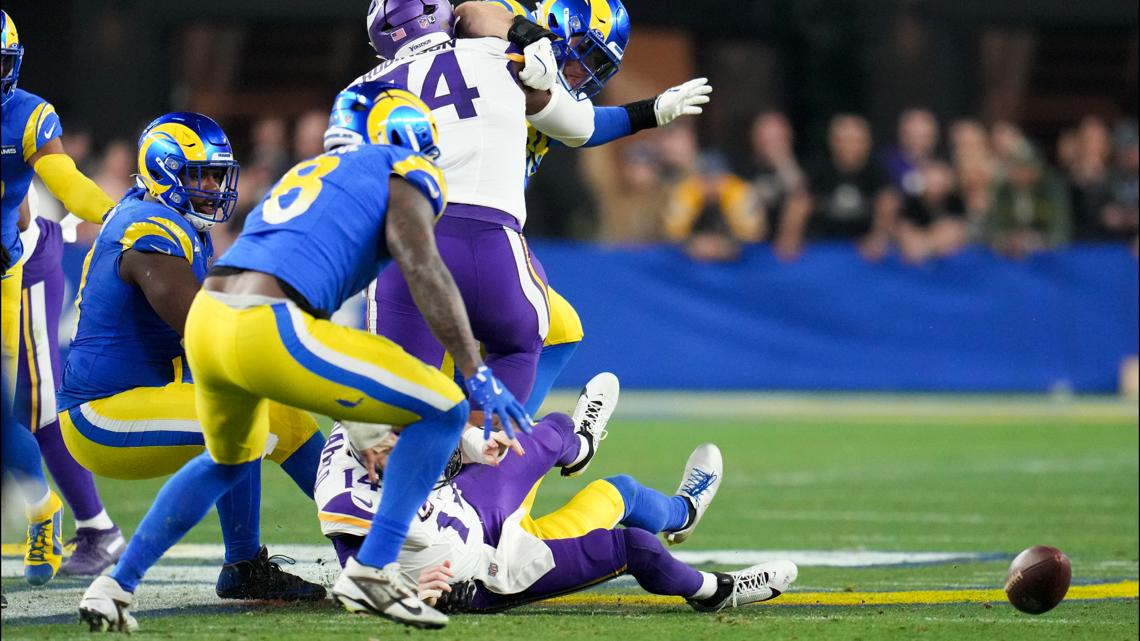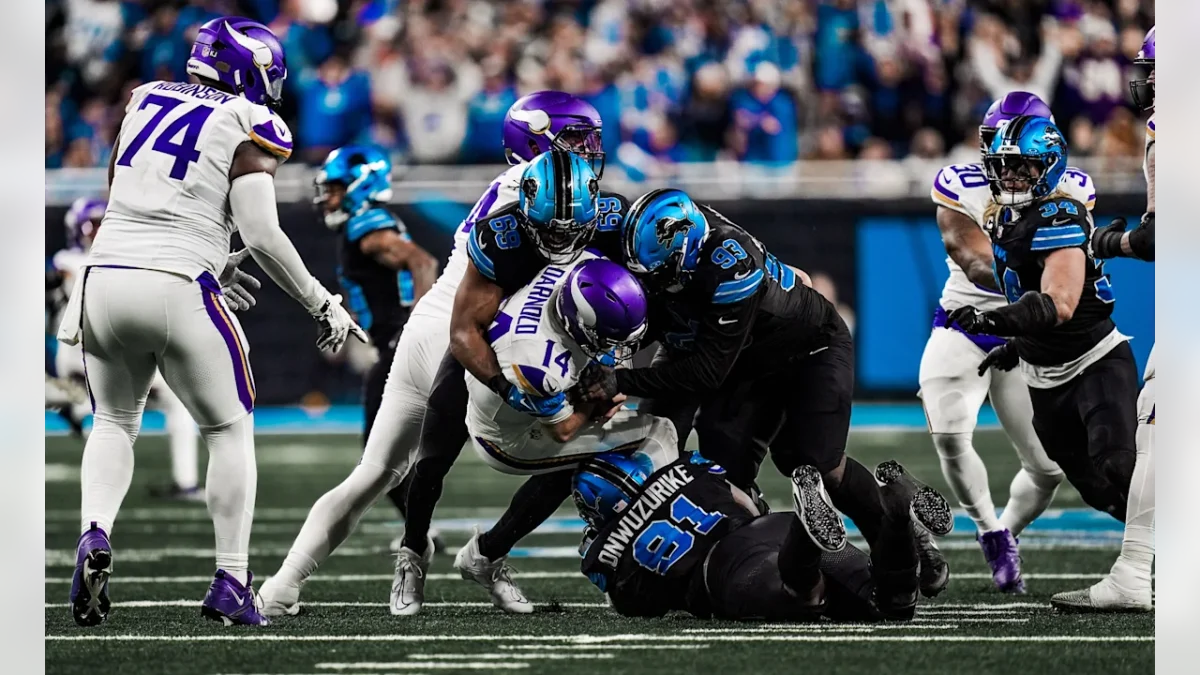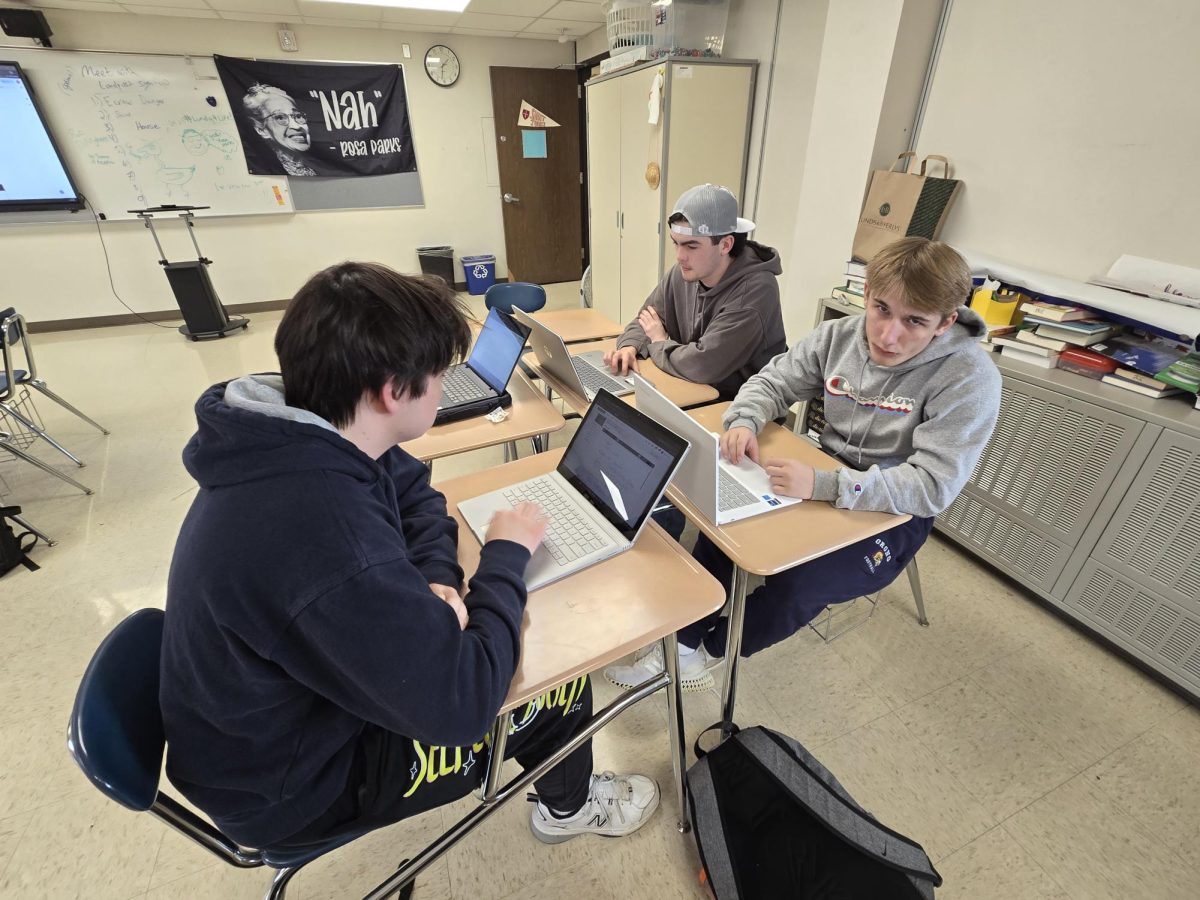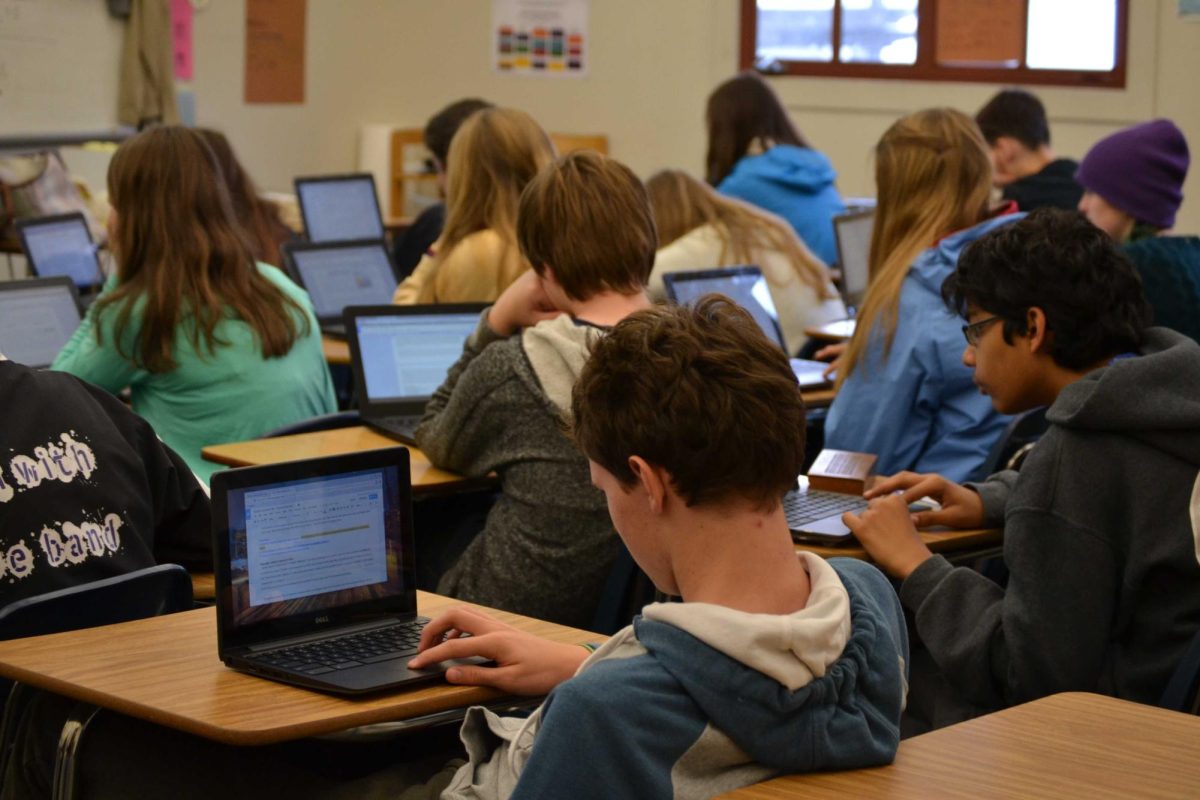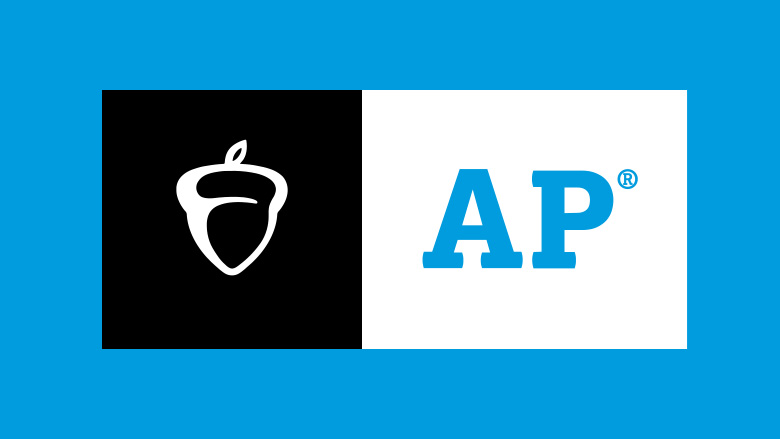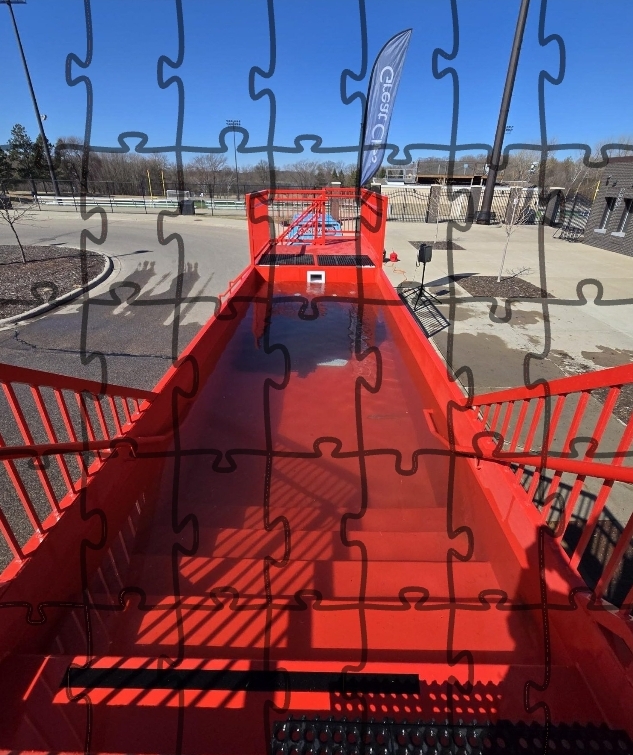The teenage years are the most active part of a person’s life. Once a child turns 13, there are a multitude of decisions they have to make while also making the transition to independence and adulthood.
Teenagers have choices ranging from the most miniscule decisions – what to get at Caribou for example – to life-altering decisions like choosing a college. Students have individual values, intuition and needs to meet.
There are multiple reasons why people choose how they act, dress, speak and learn. The question is, what motivates Orono students in particular to be such a high-achieving community of learners? “Past experience helps my decision making,” Graham Bull, freshman, said.
Conformity is a common deciding factor, especially for teens in high school under peer pressure. Psychologist Solomon Asch’s 1951 experiment was conducted in a test setting, which is similar to a classroom setting, where peer pressure is present in class discussions. The experiments Asch and other psychologists conducted were analyzing what some instructors call “groupthink.”
In the experiment, test subjects were requested to match the length of one line with multiple choices of lines. Some test subjects were asked beforehand to purposely answer with the wrong answer, and most commonly the remaining subjects answered incorrectly.
One real-life example of Asch’s study can been seen in the high school lunchroom. With a physical decision of which line to stand in, students often revert to friends.
“I usually eat what sounds good…but I do keep company [in line],” Kellen Burke, junior, said.
Lucy Kearney, sophomore, says what most drives her is “personal morals, gut decision and intuition.” The order of priorities you make when you make decisions varies with the person. It is a circumstantial factor; something that is affected by the environmental elements of one’s upbringing. However, many high school students have similar values.
Lorrie McKee, freshman, said she puts the most consideration in “family values, [my family’s] values are my values.” She also bases her friendships on people who share “the same morals and believe in the same stuff.”
Orono High School has a rigorous academic setting, where there is a push from various sides – community, parental, individual and district – to be high-achieving.
When choosing what classes to take, junior Hadley Patton considers “what looks good on college application” as well as “what I like to do–I’m more inclined to take that.”
“Self Actualization” is the final deciding factor in psychologist Maslow’s hierarchy of needs.
Burke said, “I think about what will most affect the future in positive ways.” This is a way to manage success by keeping a big picture in mind. Ultimately, people strive for fulfillment. “I know I had this moment when I realized you have to do what you’re good at and what makes you happy,” said Patton.
Tessa Ostvig is the Visuals Editor for The Spartan Speaks.
